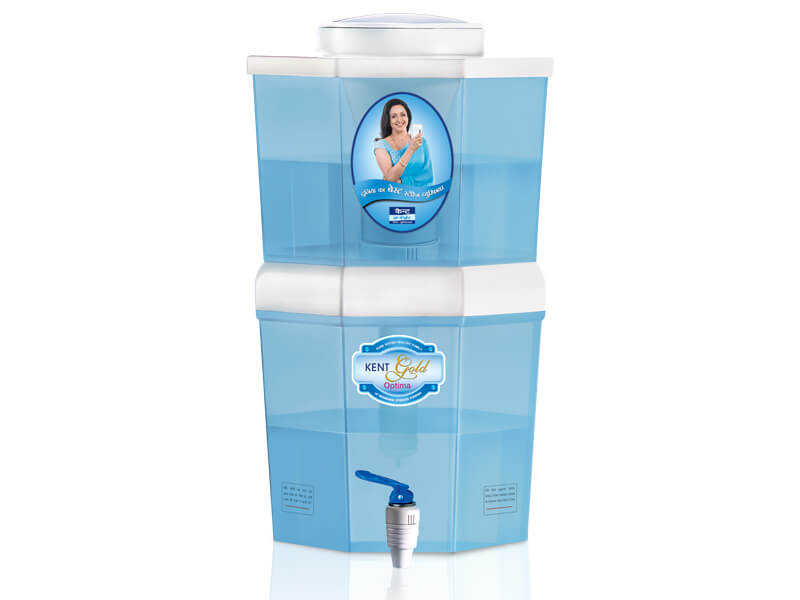
Pure, clean and safe drinking water is the basic need of every individual to stay healthy. Being a good solvent, water can easily dissolve substances when it comes in contact with them. Therefore, pollutants and harmful chemicals dissolve in water, which may cause some life-threatening diseases. With diseases such as diarrhea and typhoid being serious concerns, boiling water will not be sufficient to remove impurities from water.
Water purifiers are a basic requirement that every household needs in order to ensure that water is safe for drinking. However, selecting the right purifier from electric and non-electric water purifier can be a tough task. This blog discusses the differences between non-electric and electric water purifiers. Read on to find out what distinguishes these two kinds of purifiers.
The Basic Difference
Electric water purifiers are the most common water purifiers available nowadays. You can find it installed in almost every home. These are mainly classified into two types: RO and UV purifiers. RO water purifiers remove dissolved impurities present in water, thereby making it suitable for consumption. On the other side, UV water purifiers kill all the microorganisms that are present in water.
Non-electric water purifiers, as the name indicates, are those that work without electricity. They generally use gravity pressure instead of current. There is a sediment filter inside the purifier, which eliminates contaminants. Moreover, you will find an activated carbon filter inside it, which helps in further purification of water.
Cost Factor
Obviously, this will be the key difference. You will see that almost all non-electric water purifiers will cost less when compared to their electrical counterparts. If cost is the primary consideration and you don’t want to spend too much on an electric water purifier, it will be better if you go for a non-electric water purifier.
Impurities – The Primary Concern
One more factor you will have to consider is the quality of water. This decision has to be taken keeping in mind the number of impurities your water purifier can remove. Electric and non-electric water purifiers work differently and they have different stages of getting rid of the impurities. The main aim, however, is to work on the dissolved solids, viruses, germs and other impurities.
Electric Water Purifier or Non-Electric Water Purifier
Well, the choice between the two depends upon your needs and budget. However, the key considerations are the ones listed below:
- Do you get a continuous supply of tap water?
- Is there a continuous supply of electricity at your home?
- Can you afford an expensive purifier?
If your answer to the above questions is ‘yes’, you can go ahead with an electric water purifier. But, if your reply is negative, it’s better to opt for a non-electric water purifier.
Now that you know the differences between the two, consider all these aspects and make a wise choice of water purifier so that you can have continuous access to pure and safe drinking water.



